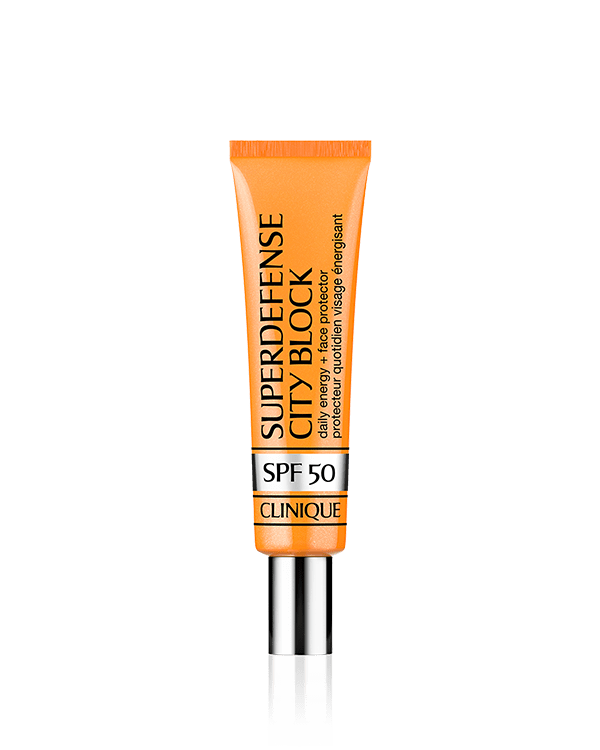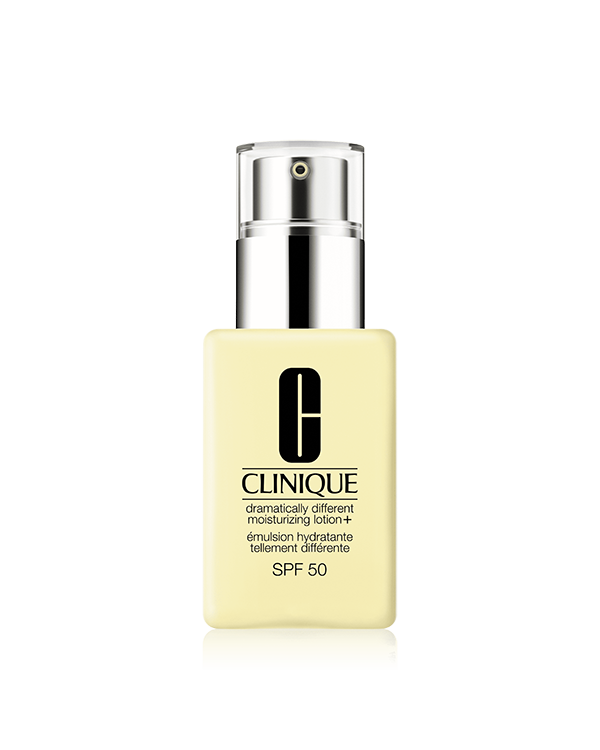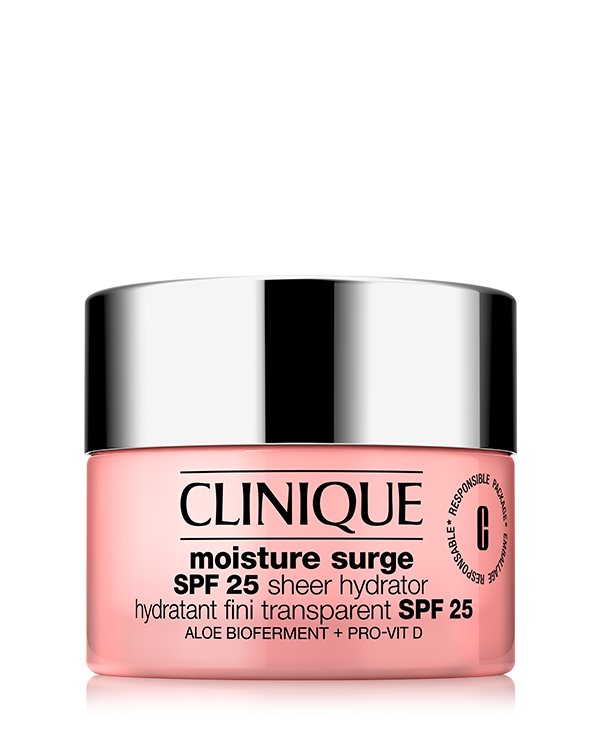
Ask a dermatologist: which SPF is right for me?
Ask a dermatologist: which SPF is right for me?
Wherever you are in the world, whatever your skin type, tone or goals, sun protection is arguably the most important step for healthy skin. Suncare has come on leaps and bounds since the days of thick, chalky white sunscreens, and today there are so many SPF options out there, from skincare-infused SPF formulas to high-performance makeup built with SPF.
It should be simple: apply SPF, protect the skin. But with all these suncare innovations popping up, alongside a wealth of sun protection myths and trends on social media, it can be hard to cut through the noise and work out which SPF is best for you. That’s where we come in, and who better to answer all your SPF questions than Dr. Angela Tewari, a London-based consultant dermatologist who holds a PhD in the effects of UVA1 on skin damage. Keep reading for Dr. Tewari's expert advice and tips on all things suncare, the first instalment of our new Ask A Dermatologist series.

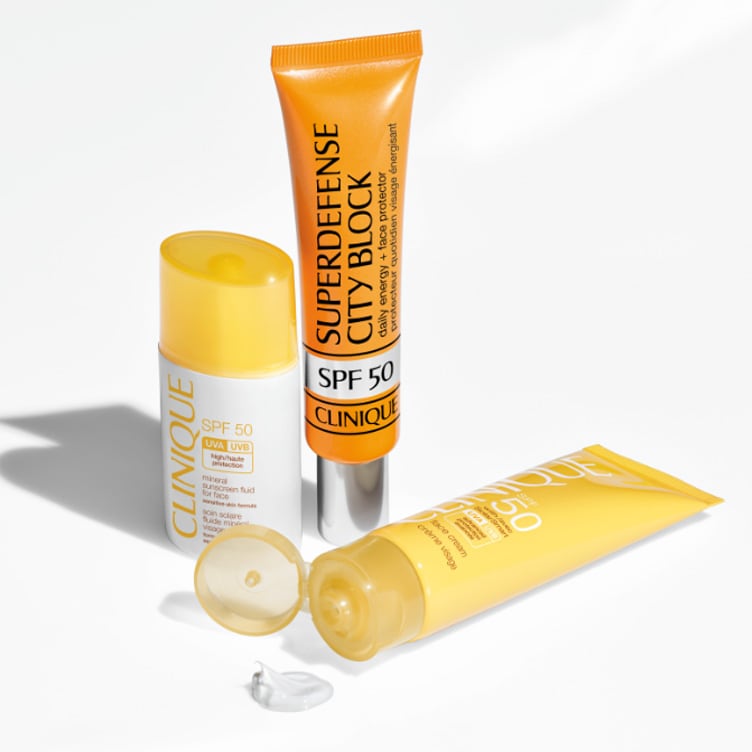

‘I look for several factors. First, I want as high an SPF as possible – SPF 50 is ideal. There are products being marketed at higher levels, but I think as long as you’ve got an SPF 50 with high UVA cover, you're absolutely fine. I prefer a nice hydrating texture with a tint, but most importantly it shouldn’t irritate your skin or your eyes.’
‘You've also got to be happy with how it looks, ensuring it doesn't leave a visible cast, otherwise you're not going to use or be compliant with it. I think the most important thing is to choose something you enjoy putting on your skin – you need to be happy with the texture and the way it feels on the skin.’
‘After your skincare routine, dab your SPF on to your cheeks, nose, chin and forehead, then massage it downward on the forehead and upwards on the face, making sure to let this sink in before applying any makeup products so it’s fully absorbed. Only go up to your brow bone to avoid eye irritation and don’t forget your neck and chest area.’
‘I would say the correct amount of sunscreen for your face is approximately a teaspoon, and ideally you should be reapplying every two hours – a spray formulation is great for over makeup. If you can't reapply every two hours, halfway through the day is enough.’

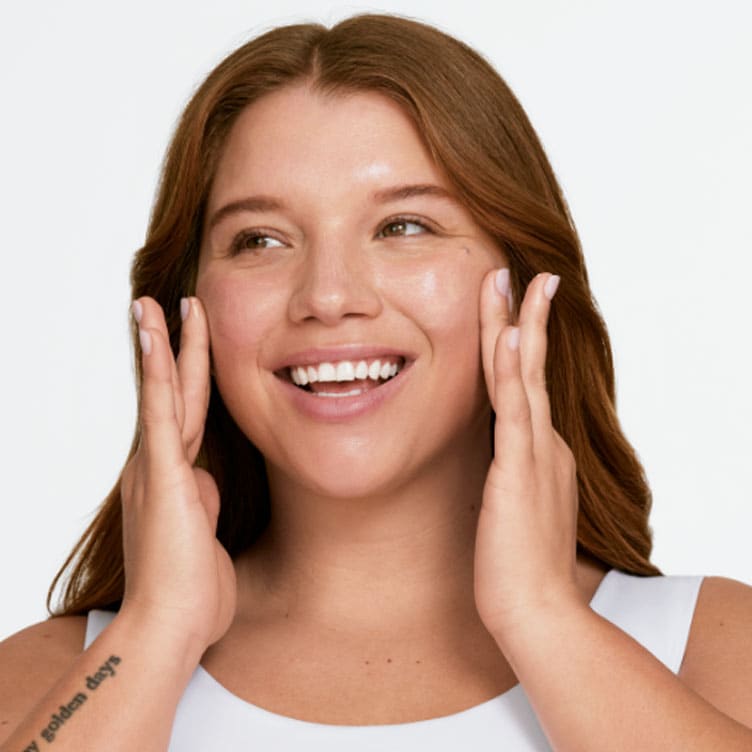

Is it effective to layer different sunscreens – such as an SPF moisturiser under a foundation with SPF?
‘Yeah, definitely – you've got to find something that works for you. Personally, I prefer a tinted SPF with UVA cover, you'll get maximum protection with that as well as that little bit of facial bounce with a colour.’
‘Mineral and physical sunscreens are different types of products that will reduce your exposure to ultraviolet radiation. Physical sunscreens essentially act as a physical barrier, meaning the harmful ultraviolet rays from the sun are reflected away from the skin. But they are also more so visible on the skin. Then you’ve got chemical sunscreens, which have been given a bad name, but you can now get chemical sunscreens that are relatively inert, so they can absorb the rays, changing in shape and structure, so they don’t allow any absorption into the skin.’
What are the biggest SPF myths you’ve heard?
‘The most recent one is that you don't need to use an SPF because you won't get enough vitamin D – that is just not true! There have been studies that show if you use a very small amount of SPF, like SPF 15, you'll get vitamin D production. You will get less vitamin D production with a higher SPF, but as all of us have low vitamin D levels throughout the year, we're all sub-optimal. We should instead be thinking about taking vitamin D supplements – rather than not wearing sunscreen.’
Finally, why is it important to wear sunscreen every day – even when it’s cloudy outside?
‘There are two reasons: firstly you've got to wear sunscreen every day to reduce your skin cancer risk, particularly in the summer and springtime. But on cloudy days or in the winter months, it's important to get in the habit of using sunscreen daily to reduce other risks of sun damage, such as pigmentation and fine lines and wrinkles – the risk is there on cloudy days and other times with less obvious sun exposure.’
Our experts, at your service.
Looking to learn more about SPF and which sunscreen is best for you? Read our comprehensive SPF 101 guide here.
Shop Clinique SPF:
